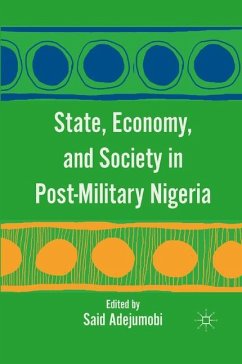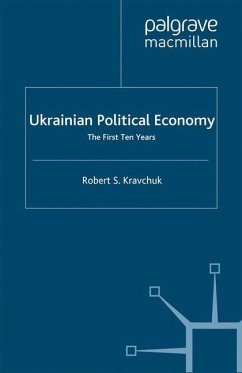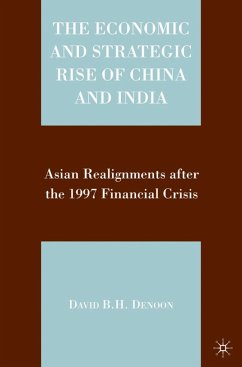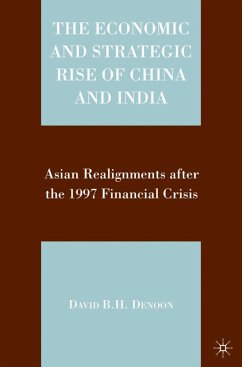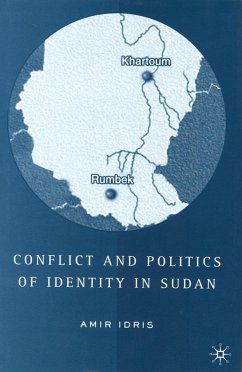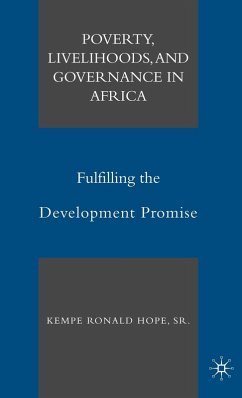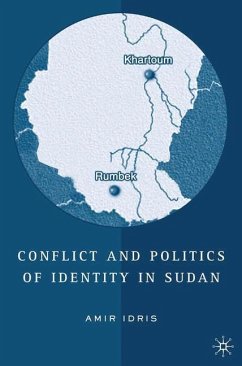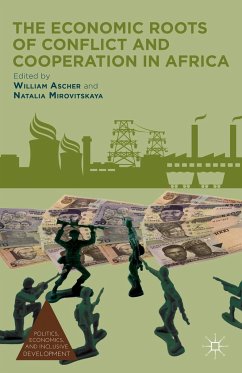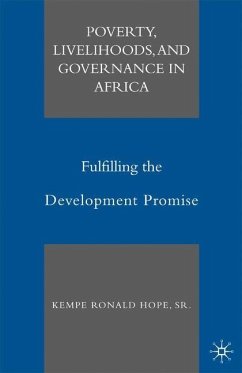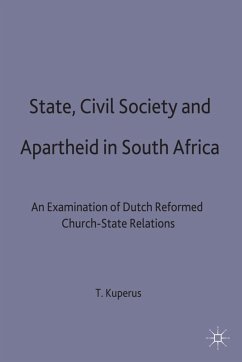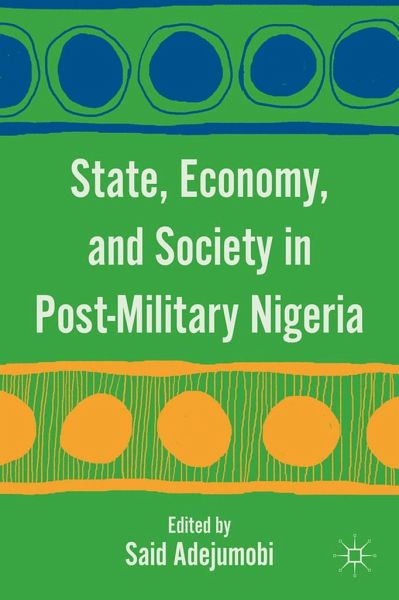
State, Economy, and Society in Post-Military Nigeria

PAYBACK Punkte
19 °P sammeln!
This book analyzes how neo-liberal state economic policies and political reforms have impacted on state-society relations, economic and class configurations, social composition of power, social welfare and cohesion in post-military Nigeria; and points to key policy recommendations that may be crucial in redirecting the future of the country.



